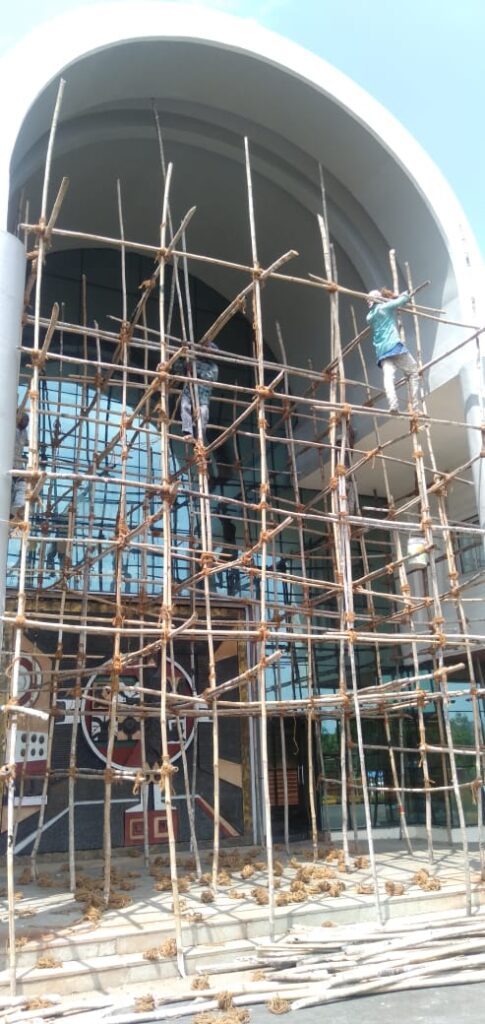The thought of redeveloping a building can be exciting – a chance for a modern upgrade, improved amenities, and potentially a more valuable property. But before the demolition crew arrives, there’s a crucial step: understanding the redevelopment requirements.
This blog post will serve as your guide, untangling the essential documents and considerations for a smooth redevelopment process.
Understanding the Landscape
Redevelopment requirements can vary depending on several factors:
- Building Type: Residential societies, commercial complexes, and industrial facilities will have different regulations.
- Location: Local zoning laws and city development plans play a significant role.
- Project Scope: Minor renovations may require less paperwork compared to a complete overhaul.
General Requirement Categories
Here’s a breakdown of some common redevelopment requirement categories:
- Property Documents: Proof of ownership (deed, sale agreement), land use permissions, and building plans are essential.
- Society/Owner Approvals: For multi-unit buildings, obtaining a majority agreement from residents or tenants is crucial.
- Feasibility Report: A professional assessment outlining the project’s viability, including structural integrity and financial feasibility.
- Architectural Plans: Detailed blueprints outlining the new design, adhering to building codes and zoning regulations.
- Engineering Reports: Structural and other engineering assessments to ensure the new building meets safety standards.
No Objection Certificates (NOCs): Permissions from relevant authorities like fire department, utilities, and environmental agencies
Additional Considerations
- Environmental Impact Assessment (EIA): For large-scale projects, an EIA might be required to assess the environmental impact of the redevelopment.
- Rehabilitation and Resettlement Plan (R&R): If the project displaces residents or businesses, a plan for their relocation and compensation may be necessary.
Remember: This list is not exhaustive. It’s advisable to consult with a lawyer specializing in redevelopment and a registered architect familiar with local regulations. They can guide you through the specific requirements applicable to your project.
The Benefits of Preparation
By thoroughly understanding and meeting the redevelopment requirements, you can:
- Avoid Delays: Having the necessary documentation in order streamlines the approval process.
- Minimize Costs: Unforeseen complications due to missing requirements can lead to expensive delays.
- Ensure Safety: Proper engineering and code compliance safeguard the well-being of future occupants.
Conclusion
Building redevelopment can be a transformative endeavor. By familiarizing yourself with the requirements and seeking professional guidance, you can navigate the process with confidence and pave the way for a successful project


Pingback: Collective Responsibility in Building Redevelopment - Blog